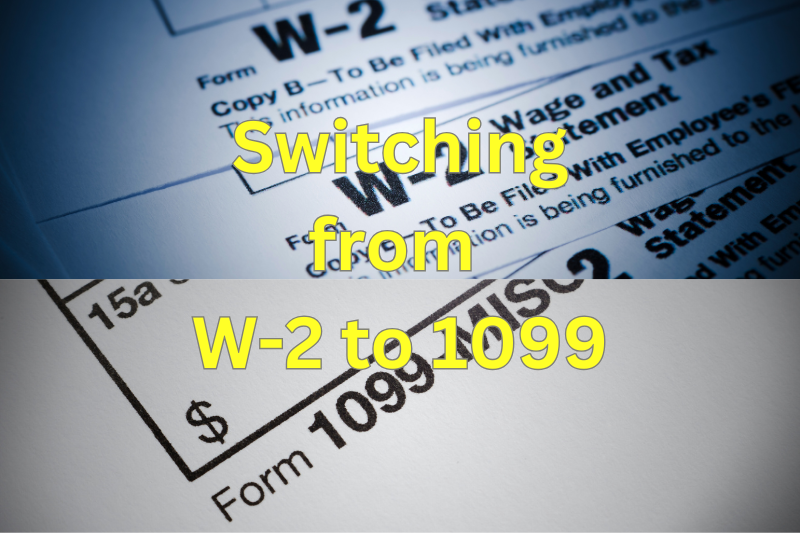So you’ve been out here grinding. LLC in the bio. Invoices flying. Taxes paid (hopefully).…
The Federal Reserves Affects Mortgage Rates
When you’re looking to buy a house and get a mortgage, the interest rate you’ll pay on that loan isn’t just random. It’s influenced by something called the Federal Reserve, which is like the bank for banks in the United States. Here’s how it works in simpler terms
Federal Funds Rate: The Federal Reserve has a special interest rate called the federal funds rate. When the economy is doing well, they might raise this rate. And when things are tough, they could lower it. This rate affects how much banks charge each other for short-term loans, kind of like how your credit score affects your loan interest rate. When the federal funds rate goes up, mortgage rates tend to go up too. When it goes down, mortgage rates can follow.
Buying and Selling: The Federal Reserve also buys and sells certain kinds of investments, like government bonds and home loans. When they buy these things, they put more money into the banking system, which can make mortgage rates lower. When they sell, it can take money out, potentially making mortgage rates higher.
Talking About It: Sometimes, just talking about what they might do with interest rates can also affect mortgage rates. If the Federal Reserve says they’re thinking about raising rates in the future, lenders might raise mortgage rates in anticipation.
Watching the Economy: The Federal Reserve pays close attention to how the economy is doing. If they see inflation going up too quickly or the job market getting too hot, they might decide to raise interest rates to slow things down.
Global Stuff Matters Too: What’s happening in other countries can also influence what the Federal Reserve does. Global economic events can impact our economy and how the Fed manages interest rates.
So, when you’re shopping for a mortgage, remember that the Federal Reserve plays a part in determining the interest rate you’ll get, but it’s not the only factor. Your personal financial situation, the type of mortgage you choose, and who you work with also matter. Click HERE to get a free review of your debt-to-income (DTI) ratio.





